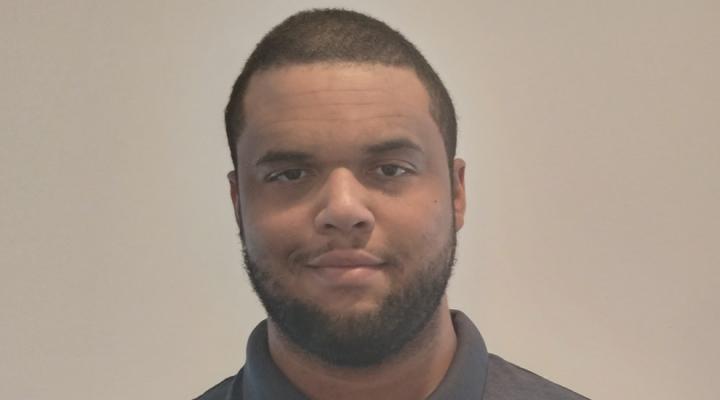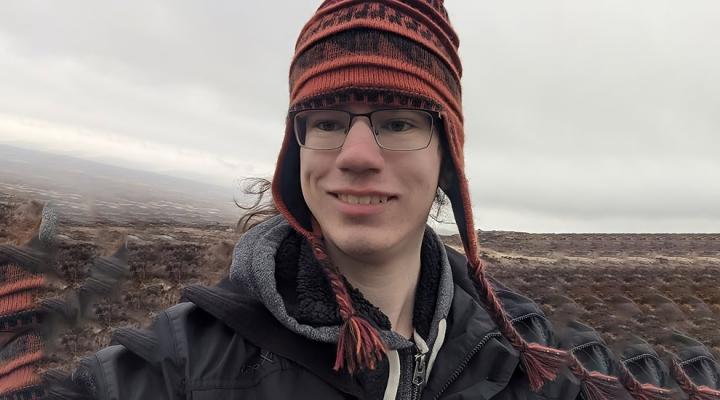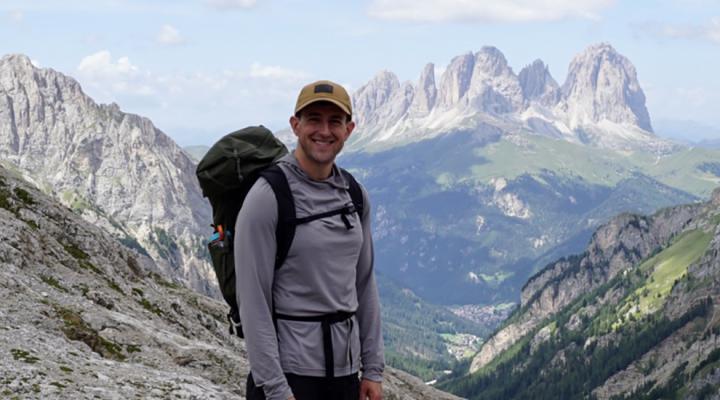Nick Kunz is a Ph.D. student in systems from Seattle, WA. He earned his M.S. in urban planning, urban analytics from Columbia University, B.S. (honors) in housing & urban development from Arizona State University, and now studies the integration of data science and transportation systems under the supervision of H. Oliver Gao.
What is your area of research, scholarship, or work and why is it important?
I’m currently investigating the geolocated real-time effects of urban transit bus idling on a global scale. Economic costs, ecological stress, and public health hazards, among others, all simultaneously emerge from this frequent and repeated pattern of undesirable driving behavior. Although the negative impacts of idling are evident, the magnitude of the problem has emerged as a category of its own concern. There are many fragmented and historical data sets created ad hoc in this regard, but none captured in real-time on a global scale. However, we’re beginning to address that with this work.
What are the broader implications of this research, scholarship, or work?
This real-time data can be used in many different ways. One way is the ability to immediately intercept idling events as they occur – moving beyond reactive policies based on historical trends to preemptive measures and proactive reduction strategies. This shift would mark a significant advancement in the approach to reducing urban transit bus fleet idling worldwide. The extensibility of this effort also allows easy integration of new vehicle telemetry types as they become available. The volume of data can be used in a wide range of other applications related to geospatial intelligence, learning algorithms, and sequential decision-making.
What hobbies or activities do you enjoy in your spare time?
I’m an inactive musician. I enjoy playing guitar, drums and piano, mostly. I spent a number of years in bands and touring throughout cities across North America. Few experiences lend themselves the opportunity to see such a wide array of cities in so little time. It was that which first piqued my interest in urbanization. I also enjoy many outdoor activities such as hiking, backpacking, camping, adventure travel, jeeps, fishing and hunting. I’m always looking for a fishing buddy. If you’re ever in the Olympic National Park and want to catch (and release) the very rare “Beardslee” trout, reach out and I’ll show you my favorite spot.
Why did you choose Cornell?
I chose Cornell because of the depth, breadth and interdisciplinary strength of the Systems program. I was delighted to discover the many overlapping research interests of my advisor and his lab. I get to combine my skills in data science, machine learning and geographic information systems within the domain of urbanization. I am humbled and grateful to be amongst so many outstanding faculty members, staff, administrators, classmates, colleagues and collaborators. I have not had a similar sense of camaraderie since leaving the military. I am confident I made the right choice in choosing Cornell.
What is next for you?
After graduating, I’d love to carry on the research that I started here. Whether that be in the academy, industry or otherwise, I hope to continue engaging in meaningful work that increases our understanding of the places we live in and around.
Do you have any advice for future or current graduate students?
Don’t be afraid to ask questions, seek advice and engage with the broader community. Immerse yourself in the learning process. Attend lectures, talk to interesting people, take thoughtful notes, and did I mention to not be afraid to ask questions?





